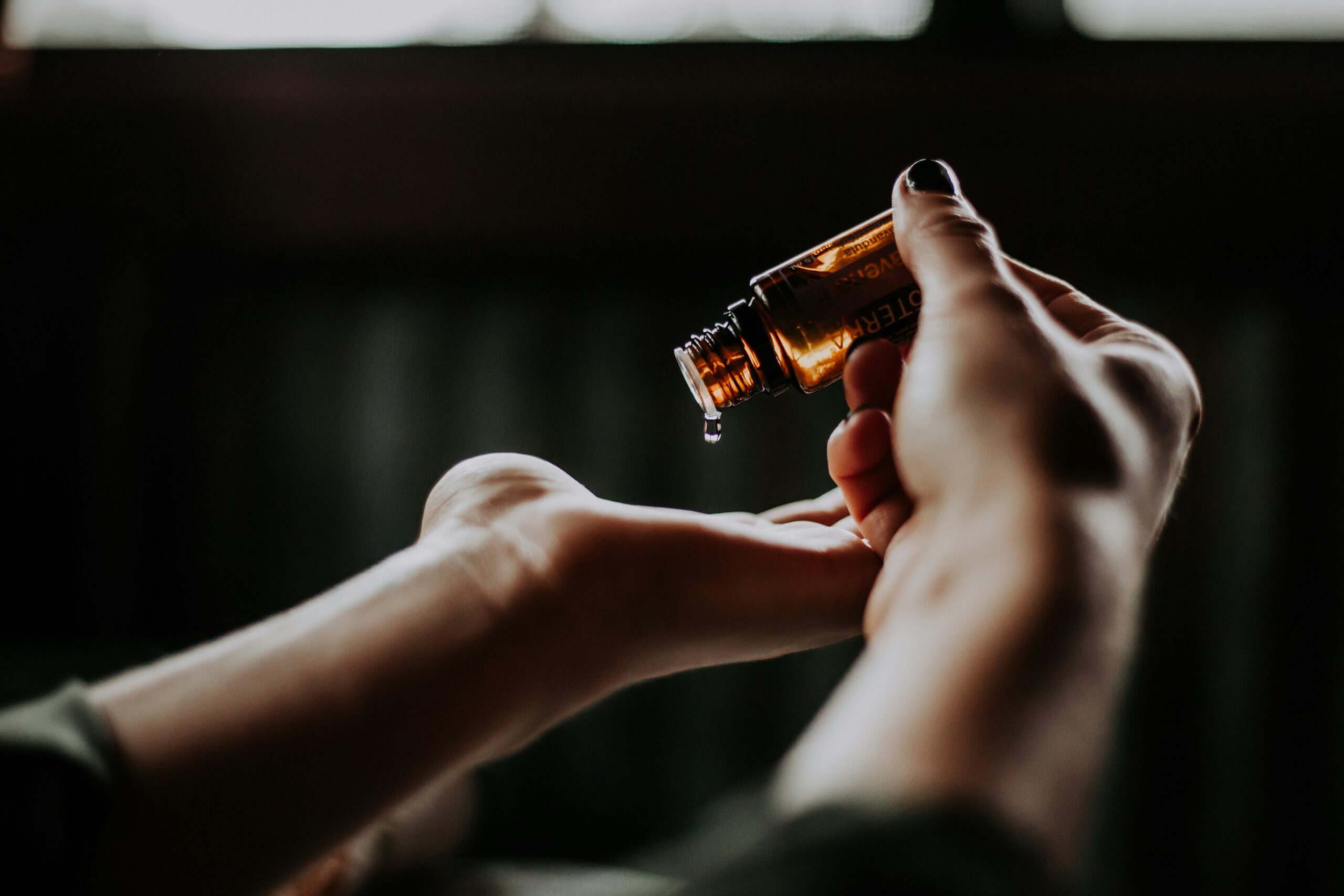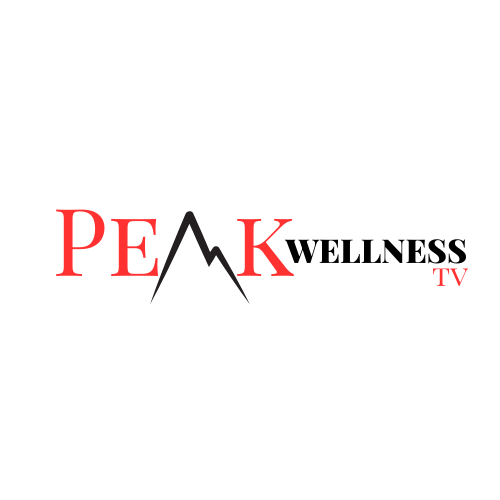Are Essential Oils Worth It? Pros, Cons,What Every Mom Needs to Know
- peakwellnesstv
- This post contains affiliate links
- Read affiliate policy.

Are Essential Oils Worth It?
If you’ve been researching natural wellness options or exploring ways to create a healthier home, you’ve likely come across essential oils. These small bottles of concentrated plant extracts promise benefits like stress relief, better sleep, clearer skin, and even non-toxic cleaning.
But with so many brands and mixed messages out there, how do you know what’s actually safe and effective?
In this guide, we’ll break down everything you need to know about essential oils for beginners including the benefits, risks, top essential oils to start with, and how to choose high-quality products you can trust.
What Are Essential Oils?
Essential oils are highly concentrated compounds extracted from plants flowers, leaves, bark, or roots. For centuries, they’ve been used in aromatherapy, skincare, and natural medicine traditions to support physical, emotional, and environmental well-being.
Today, essential oils are widely used in homes for everything from natural stress relief to chemical-free cleaning solutions.
Benefits of Essential Oils:
Why People Use Them
Here are some of the most commonly cited benefits of essential oils when used correctly:
1. Natural Wellness Support
Many essential oils are free from synthetic additives and offer plant-powered benefits for sleep, mood, focus, and more.
2. Emotional Balance & Stress Relief
Scents like lavender, frankincense, and orange oil are known to help reduce tension and promote calm.
3. Better Sleep
Calming oils such as chamomile and lavender are often used in bedtime diffusers or bath blends.
4. Non-Toxic Cleaning
Oils like tea tree and lemon have natural antimicrobial properties and are popular in DIY natural cleaning products.
5. Skincare & Grooming
Tea tree, frankincense, and rosemary oils are common ingredients in natural skin and hair care routines.
Risks and Safety Tips:
What You Need to Know
Before adding oils to your wellness routine, it’s important to understand the potential risks of essential oils:
1. Not All Oils Are Safe for Everyone
Some oils may be irritating to skin, unsafe for children, or toxic to pets. Always check age and safety guidelines.
2. Purity Varies
Low-cost oils are often diluted with synthetic fillers. These reduce effectiveness and may trigger reactions.
3. Potential Allergic Reactions
Always perform a patch test before using a new oil topically.
4. Not a Substitute for Medical Care
While helpful for general well-being, essential oils should not replace professional healthcare advice.
Best Essential Oils for Beginners
If you’re just starting out, here are five of the best essential oils to have at home, along with practical ways to use them:
1. Lavender Oil
- Benefits: Calming, promotes sleep, soothes skin.
- Uses: Diffuse at night, add to baths, apply (diluted) to skin.
2. Peppermint Oil
- Benefits: Energizing, helps with headaches and digestion.
- Uses: Diffuse for focus, use in foot soaks, or apply (diluted) to temples.
3. Tea Tree Oil (Melaleuca)
- Benefits: Antibacterial, antifungal, supports clear skin.
- Uses: Add to cleaning sprays, spot-treat blemishes, use in scalp care.
4. Lemon Oil
- Benefits: Refreshing scent, natural cleanser, mood booster.
- Uses: Use in DIY cleaners, diffuse, or add to grooming products (avoid direct sunlight on skin).
5. Frankincense Oil
- Benefits: Grounding, supports skin health and relaxation.
Uses: Meditation, skincare routines, or stress relief practices.
How to Choose High-Quality
Essential Oils
Not all essential oils are created equal. To ensure you’re getting a safe, effective product, look for:
- 100% Pure & Therapeutic-Grade – Avoid oils with synthetic fragrances or fillers.
- GC/MS Tested – This test confirms the oil’s chemical makeup and purity.
- Dark Glass Bottles – Oils degrade in light, so packaging matters.
- Clear Labeling – Look for the Latin name, origin country, and extraction method.
Recommended Essential Oil Brands (2025 Update)
Here are five well-reviewed essential oil brands known for quality and transparency:
- LiveGood – Affordable, pure, and non-MLM.
- doTERRA – Extensive testing and a loyal following (higher price point).
- Young Living – In-house farming and established history.
- Plant Therapy – Budget-friendly, third-party tested, and kid-safe lines.
- Rocky Mountain Oils – Independent brand with great sourcing standards.
Final Thoughts: Are Essential Oils Right for You?
Essential oils can be an excellent addition to a natural wellness routine as long as you approach them with education, intention, and care.
They’re not a magic solution, but they can help create a healthier, more balanced home environment. Whether you’re aiming for better sleep, fewer chemicals, or simply a calmer space, starting with a few high-quality oils can make a real difference.
Ready to Get Started?
- Choose 1–2 oils that support your current needs (sleep, energy, focus, etc.).
- Invest in quality over quantity.
- Always follow dilution and safety guidelines.
- Be patient and consistent essential oils are a journey, not a quick fix.
Have a favorite oil or DIY blend? Share your experience in the comments we’d love to hear how you’re using essential oils in your life.



